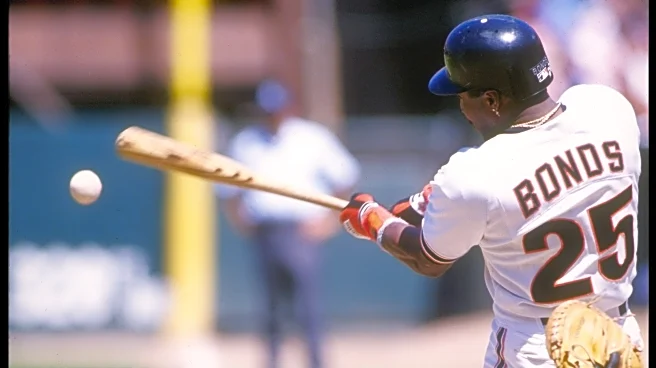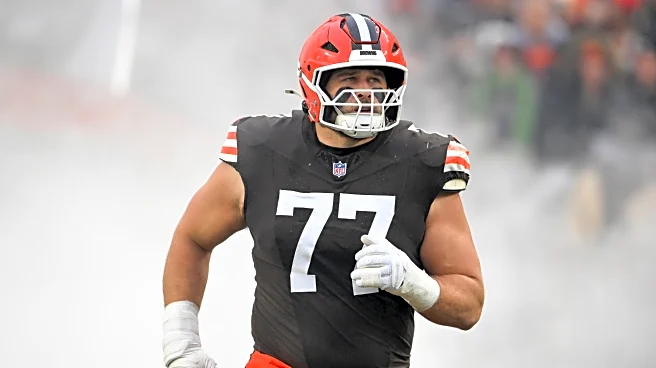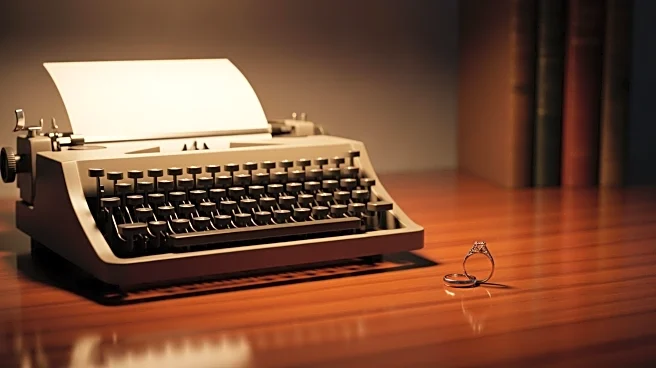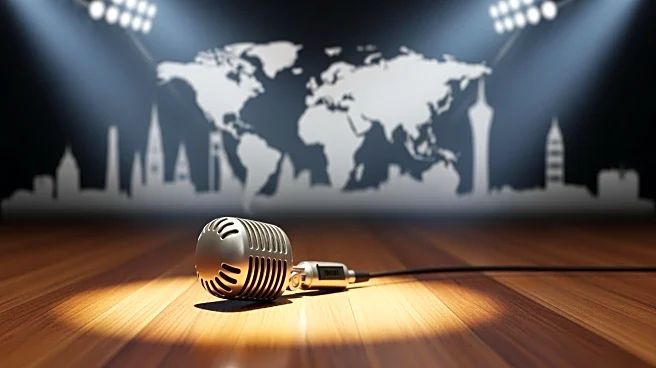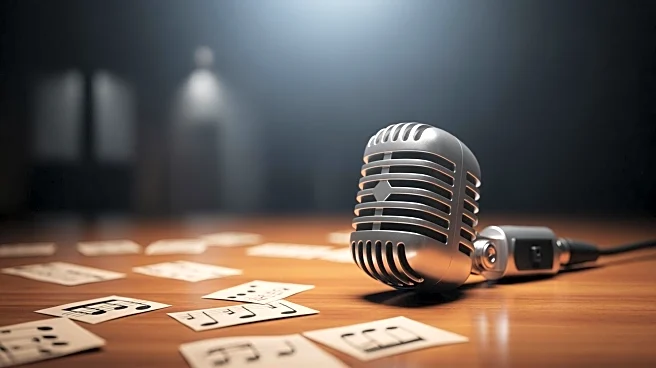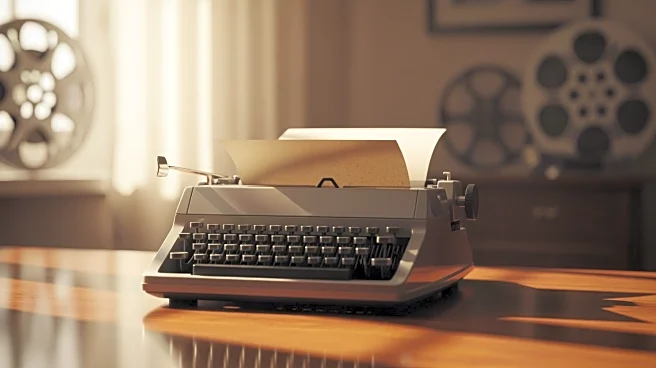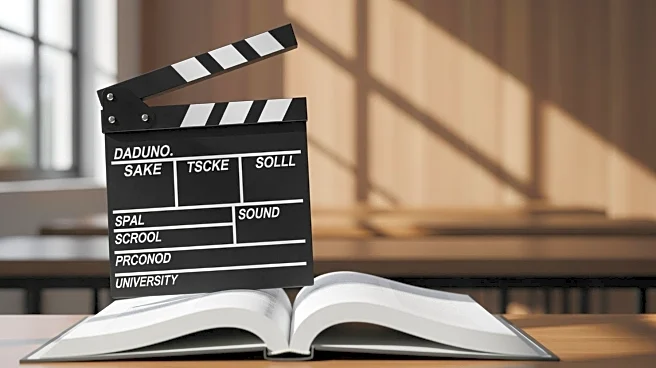I love baseball’s offseason.
Not only do we have teams making moves, trying to either get better in the now or for the future, but there’s a ton of other stuff going on that we can discuss. Awards are being
handed out, there’s the upcoming draft lottery, and then there’s perhaps the biggest thing of them all: voting for the Hall of Fame.
This year, in addition to the regular crop of candidates on the ballot for the Hall of Fame, the Hall is also taking a look at eight players in what it’s calling the “contemporary baseball player” era, which they’ve defined as those “whose most significant career impact was realized since 1980.”
There are eight candidates on this year’s era’s ballot, which is to be voted on by 16 people involved in the game on December 7, during the Winter Meetings. To get in, a player needs votes on 75% of the votes cast by the committee.
To remain on the ballot the next time the Contemporary Baseball Era committee meets, a player needs at least five of 16 votes. Starting this year, if a player fails to receive five of the 16 votes, he is not eligible to return to voting the next time this particular era meets, which is in December of 2028.
Here’s the knockout punch, though: if a player fails to receive five of the 16 votes in multiple appearances on any Era committee ballots, he will not be eligible for future ballot consideration.
I have a feeling this new rule is about certain players on this particular ballot.
Below, I’m going to give to you my votes for each of the era’s current eight candidates along with a prediction. The prediction is based off several years of reading about how Hall of Fame voters vote. I garnered that mainly from Joe Posnanski who went into it a lot on his blog. I don’t subscribe to his blog anymore for several reasons, but it’s not because of his baseball writing.
Others have also written extensively on this subject—that subject being how the Hall of Fame molds its museum based on the appointment of its committee members. Aside from Posnanski, both Bill James and Jay Jaffe have written books on the matter. Jaffe wrote a post about the matter earlier this November over at FanGraphs. I urge you to check it out.
Let’s take these guys in alphabetical order, shall we?
Barry Bonds
My Vote: Yes! Of course! Aside from Shohei Ohtani, Bonds is the best player in my lifetime. From his rookie season in Pittsburgh throughout his entire time in San Francisco, Bonds posted amazing, breathtaking numbers. He captured two MVP Awards while a Pirate before earning another five while a Giant. He set the single-season home run mark with 73 in 2001 while breaking Henry Aaron’s all-time mark during his final season in 2007, finishing with a mind-boggling 762.
Check out his baseball-reference page. It’s littered in bold and italics. He walked, hit for power, hit for average, stole bases, scored runs, drove in runs, hit doubles, hit triples, did whatever was needed from him while up to bat.
Just an amazing overall player.
My Prediction: No! Of course not! Unless you’re absolutely new to the game of baseball, you know the problems and controversies surrounding Bonds. You think the Hall is going to let him in? After he topped out at receiving 66% of the writers’ votes? No way. I’m convinced that Bonds is the main, if not sole, reason for the rule change disallowing players from remaining on the ballot if they don’t receive five votes, and getting rid of them for good if that happens a second time.
The Hall of Fame not only for the best, but for the greatest human beings. It cannot be defiled having Bonds in it beside the likes of Ty Cobb!
Roger Clemens
My Vote: Yes, he’d have it. Not only did he dominate, but he did so in an entertaining fashion—via strikeout. He pumped out innings as well as swings-and-misses on his journey to two World Series, one MVP Award, and seven Cy Youngs.
I’m particularly enamored with his two-year Toronto stint in 1997 and 1998: two Cy Youngs, 41-13, 498-and-2/3-innings pitched, 563 strikeouts, 2.33 ERA (196 ERA+), 2.44 FIP, and 1.061 WHIP over 67 games started.
My Prediction: No, he won’t get in, which is another same. He spent just as long as Bonds on the regular ballot—10 years—and topped out at 65.2%. The committee should vote him in. A player of his prestige belongs alongside the other greats, most of whom are his lesser. But I’m not counting on it.
Carlos Delgado
My Vote: No. I’m somewhat surprised Delgado made this list. While both Bonds and Clemens spent 10 years on the writers’ ballot, Delgado appeared just once, in 2015, receiving 3.8% of the vote. You’re telling me the writers missed that badly?
No, I don’t buy it. Delgado had a very solid career, but outside of a trio of Silver Slugger Awards, never won another major award, made only two All-Star Games, and only led the league in a major statistical category a handful of times throughout his 17-year career.
A great career, sure, but not one for Cooperstown.
My Prediction: No.
Jeff Kent
My Vote: No. And I love Jeff Kent! First of all, such a cool, direct name: Jeff Kent. But he also played for some memorable teams (to me, at least): particularly that 1996 Cleveland squad, his years with Bonds in San Francisco, and as a menace to the Cardinals while an Astro.
He won the NL MVP in 2000, but I’m not sure why. Yes, he had a great season, which, by bWAR, was the best of his career, but he didn’t lead the league in anything, including said bWAR (7.2). Bonds posted a higher bWAR as did several others, including Andruw Jones, Randy Johnson, and Todd Helton, who led the NL with 8.9. I know the MVP isn’t based solely off WAR, nor should it be, nor was it even much of a consideration 25 years ago, but that’s a stark difference.
Like Delgado, Kent had a very good career, not a great one.
My Prediction: Yes. And here’s why: they need to vote in somebody! And after Bonds, Clemens, and Sheffield, who I’ll get to soon, Kent’s the best of the bunch. MLB isn’t going to announce these votes live on its flagship show, MLB Tonight, on December 7 without announcing at least one new member. That would be rather embarrassing. A huge letdown. What would even be the point of this era committee?
Don Mattingly
My Vote: No. Mattingly had an incredible three-year stretch from 1984 through 1986, but the rest of his career lacked. He was good, don’t get me wrong, and he still had another couple top-20 MVP finishes in him (including seventh in 1987), but the numbers aren’t there.
My Prediction: No.
Dale Murphy
My Vote: No. Murphy broke into the league young and had an excellent stretch beginning between 1982 and 1987, but outside of those six years, he didn’t accomplish enough. Much like Mattingly, he considerably wore down after his peak years.
My Prediction: No.
Gary Sheffield
My Vote: Yes. Sheffield rocked. I’ve told this story several times—the hardest hit ball I’ve ever personally seen or heard came off the bat off Gary Sheffield. A Tiger then, he annihilated the offering from a Kansas City Royals pitcher, blasting the ball out of the park to left field. Such a violent swing, the sound truly startled me.
A career .907 OPS certainly helps.
My Prediction: No. This is making me sad. See Bonds and Clemens for the reasoning.
Fernando Valenzuela
My Vote: No. Did anyone else realize that he last pitched in 1997? I had no idea his career lasted that long. Nonetheless, he did very little after 1986. His first full year, 1981, was incredible, as he guided the Dodgers to the World Series. He won awards for both Rookie of the Year and Cy Young that season. He followed it up with three more top-five Cy Young finishes in the next five years, including ending as the runner-up to Houston’s Mike Scott in 1986.
That, unfortunately, was pretty much it.
My Prediction: No.
***
There you have it. If I voted, the following players would get in:
Barry Bonds, Roger Clemens, and Gary Sheffield.
And I predict the only player that will actually get the call is one Jeff Kent.
What’s everyone else think?
